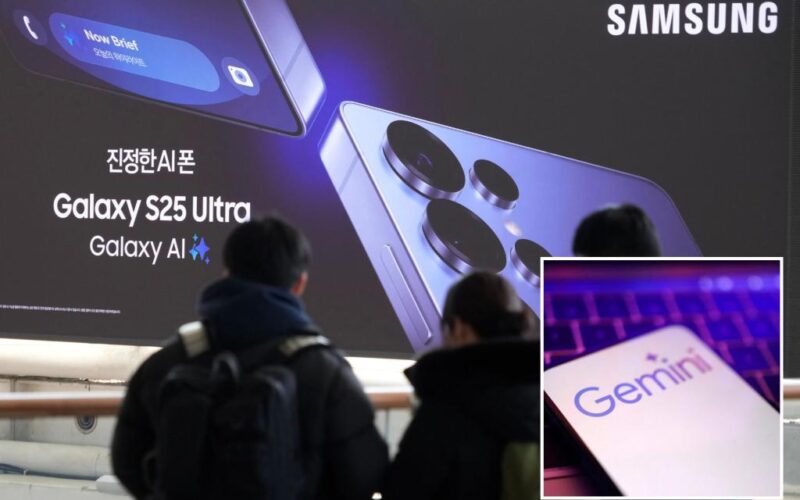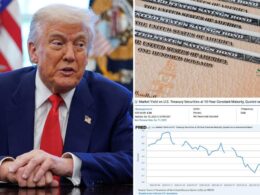Alphabet’s Google contemplated deals with Android phone makers such as Samsung last year that would provide exclusivity for not only its search app, but also for its Gemini AI app and Chrome browser, according to a document shown at the second day of an antitrust trial.
The Justice Department and a broad coalition of state attorneys general are seeking an order from a judge in Washington that would require Google to sell its Chrome browser and take other measures.
They hope to end what the judge found was Google’s monopoly in online search and related advertising.
In that ruling, US District Judge Amit Mehta found that Google protected its search monopoly through exclusive agreements with Samsung Electronics and others to have its search engine installed as the default on new devices.
Google entered a new, non-exclusive agreement with Samsung on April 1 that includes no restriction on the smartphone maker loading alternative search products, according to a document shown at trial.
Google had proposed loosening its agreements to address Mehta’s ruling but had not announced it was already doing so.
Prosecutors raised concerns in opening statements on Monday that Google’s search monopoly could give it advantages in AI, and that its AI products are another way to lead users to its search engine.

OpenAI’s ChatGPT head of product Nick Turley is expected to take the stand on Tuesday and testify about how Google’s exclusive agreements make it harder to distribute AI products such as ChatGPT.
Google has said the case is not about AI, and that it faces robust competition from companies including Meta Platforms.








